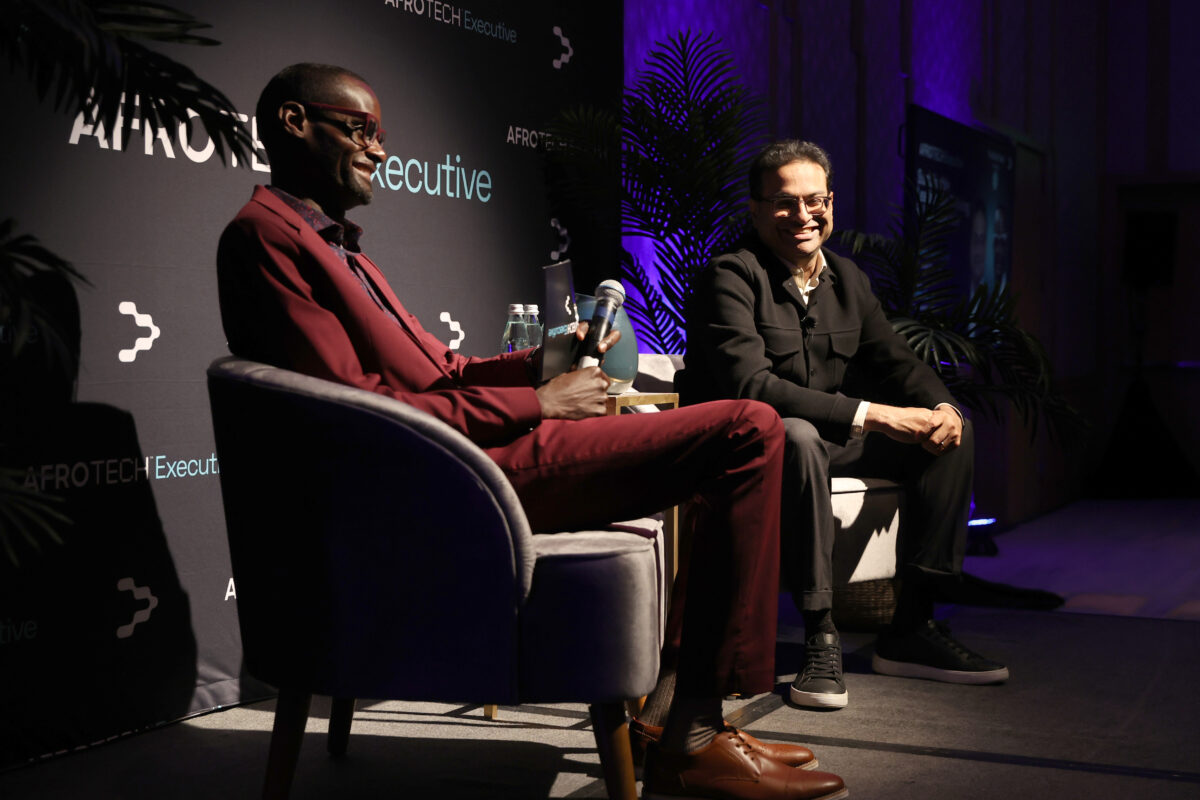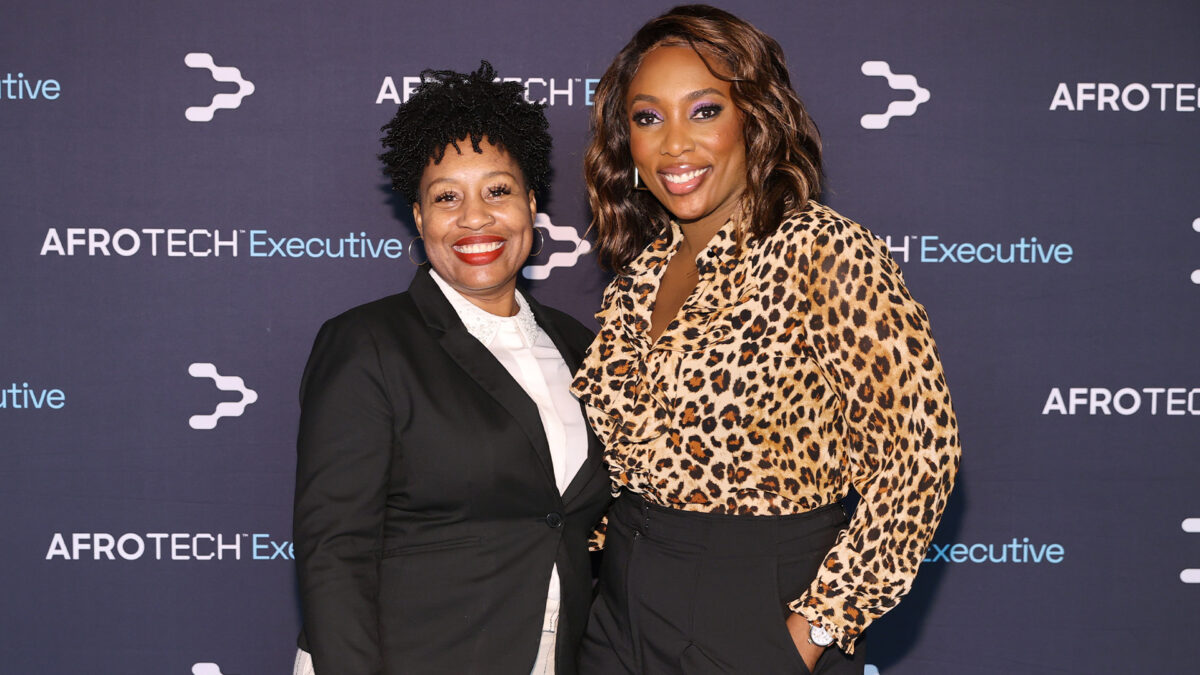What better way to kick off the year than with an event where Black corporate executives, investors, and tech moguls link up to discuss today’s trending topics?
On March 30, AfroTech Executive Seattle convened at the Four Seasons Hotel. The highly anticipated event included top companies like Microsoft and The Collective as well as speakers such as Starbucks CEO Laxman Narasimhan, who led the fireside chat “Sustainable Leadership: Thriving in Your New Role.”

Along with sustainable leadership, artificial intelligence (AI) was a hot topic of conversation at AfroTech Seattle Executive. Jonnie Bradley, Acting Director and Responsible Artificial Intelligence Official at the U.S. Department of Energy, moderated the discussion with Jessica O. Matthews, founder and CEO of Uncharted, sharing how to sustainably take control and maximize AI for the future.

As previously reported by AfroTech, many people have voiced their concerns about the direction AI is heading. For example, ChatGPT has become one of the most popular AI tools of today.
Although ChatGPT has been greatly resourceful for many users, Matthews compared it to a “sassy 7-year-old” that happens to know a lot of information because they’ve been online. Its knowledge is all based on algorithms, and that’s why it’s critical for AI users to hone in on radical self-reliance in order to make wise choices with the tool.
While it comes with a responsibility, Matthews implored people to not be afraid of the tool.
“You should not be afraid of AI. You should be afraid of the people who are building it,” she said.
Furthermore, she urged the audience to have perspective and take hold of it to build a better tomorrow.
“When we talk about demystifying AI, it’s really saying take the blame away from the AI and start focusing on the people who are training these models,” Matthews explained during her fireside chat. “And start focusing on whether they are doing so intentionally or unintentionally, if they’re actually considering the vast globe of people and all of their problems because AI is really a tool. It’s a tool to help people do more. You need people to train this AI. And trust that despite all the things you’re hearing about AI taking jobs, thousands of jobs will be created because of what this AI is doing.”
What’s more, Matthews noted that there are people in AI who want people to be afraid so that they won’t tap into the space and create their own positive impact. However, there is room for so many to thrive and better their communities by using the tool to their advantage.
“I feel like when people say ‘Oh, well be afraid of it. It’s going to take your job,’ what they’re really trying to do is make you afraid of going behind the veil and wonder, ‘Why can’t I be part of the team that’s building this AI? Why can’t I be part of the crew that’s raising this baby?”
Matthews added, “The last thing you should be is afraid of AI. This is now more than ever the time where you need to be incredibly excited about this tool, but you need to see this as a battle and you need to do everything you can to get your hands on this weapon as well.”


